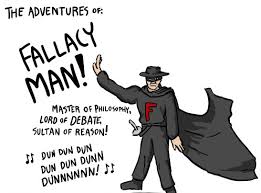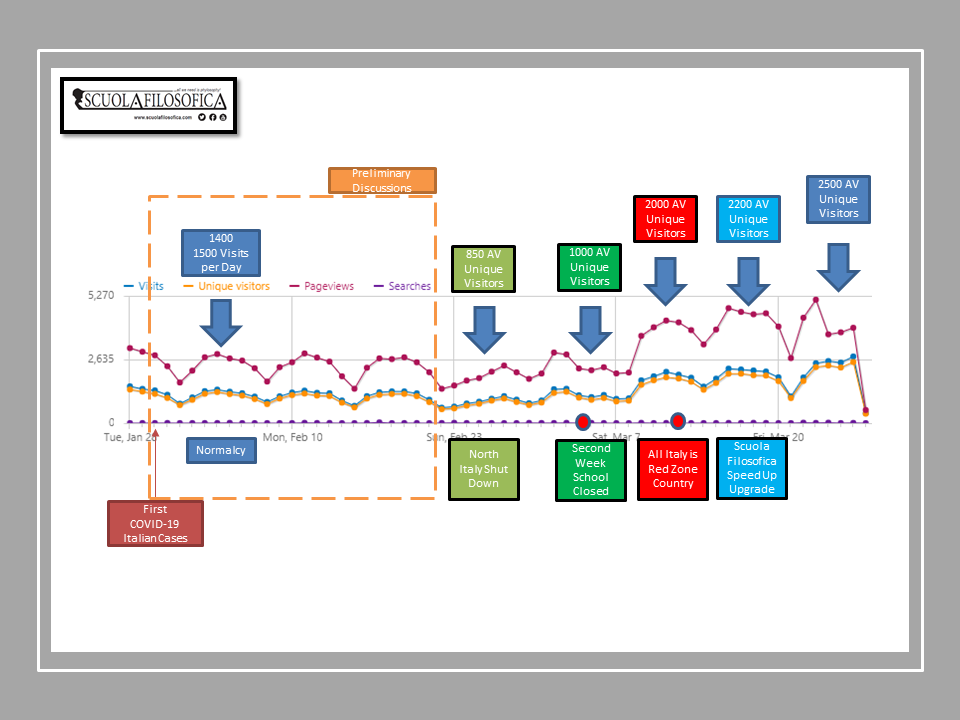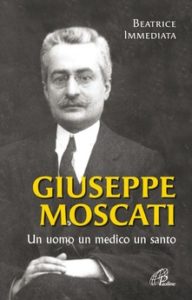
Vuoi leggere l’intero articolo? Vai qui!
Iscriviti alla Newsletter!
Ci sono due limiti alla conoscenza intellettuale. Un limite è comune all’intera conoscenza umana. Il secondo limite è, invece, peculiare dell’intelletto. Vediamo il limite generale. La nostra conoscenza è fondata sui dati di senso e sull’ordine che ad essi dà l’intelletto. Ma oltre questo? Oltre questo c’è il ‘forse’. Infatti, noi non possiamo conoscere null’altro che non sia inscritto all’interno dell’intelletto dai dati di senso, sia esso un finale giudizio analitico o sintetico. Ma i dati di senso da dove vengono? Questa è, in Kant, una domanda relativamente mal formulata perché è a partire da essi che noi abbiamo infatti conoscenza: senza dati di senso, non abbiamo alcuna conoscenza, compresa conoscenza di noi stessi perché, per Kant, noi conosciamo le nostre categorie pure proprio a partire dall’interazione di esse con i dati di senso. Insomma, per Kant non abbiamo un accesso privilegiato ai nostri stessi stati mentali se non nel senso che possiamo conoscerli attraverso le esperienze e le operazioni che la stessa mente esperisce e compie. Quindi, evidentemente, si tratta in qualche modo di una conoscenza indiretta dei nostri stessi stati mentali. Benissimo, ma allora vi propongo un ragionamento.









